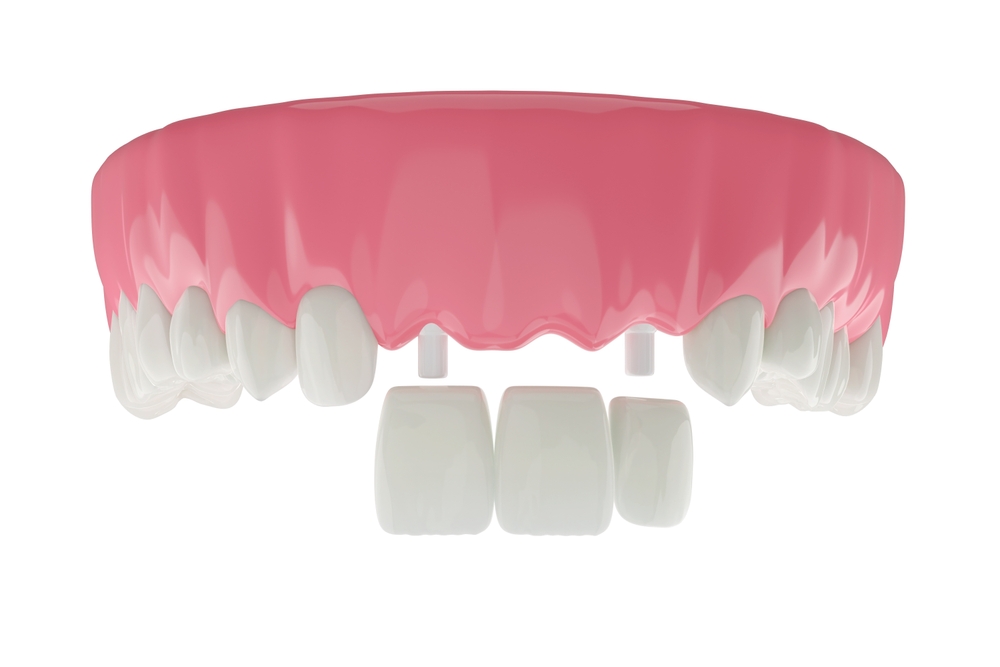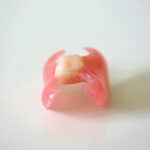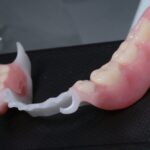Partial Dentures For Front Teeth
Partial dentures for front teeth are a practical solution for individuals who have lost one or more front teeth. Whether due to injury, decay, or other dental conditions, missing front teeth can affect not only your appearance but also your ability to speak and eat comfortably. Partial dentures are designed to restore functionality and aesthetics, offering a natural-looking replacement for missing teeth.
This guide explores the essentials of partial dentures for front teeth, their benefits, types, maintenance tips, and answers frequently asked questions to help you make an informed decision.
What Are Partial Dentures for Front Teeth?
Partial dentures are removable dental appliances designed to replace one or several missing teeth while blending seamlessly with your natural teeth. They are particularly beneficial for replacing front teeth, as these teeth are highly visible and play a crucial role in speech and eating.
Partial dentures for front teeth typically consist of:
- Artificial Teeth: Made from materials like acrylic or porcelain, designed to match your natural teeth in color and shape.
- Base: A gum-colored base that supports the artificial teeth and rests on the gums.
- Clasp or Attachment: Used to secure the denture to adjacent natural teeth or dental implants for stability.
Benefits of Partial Dentures for Front Teeth
- Improved Appearance: Partial dentures restore your smile and facial structure, boosting your confidence.
- Enhanced Functionality: They help with speaking and chewing, functions often impaired by missing front teeth.
- Cost-Effective: Compared to other tooth replacement options, partial dentures are generally more affordable.
- Non-Invasive: The process of fitting partial dentures is typically less invasive than surgical options like implants.
- Customizable Fit: Partial dentures are tailored to your specific needs for comfort and a natural look.
Types of Partial Dentures for Front Teeth
1. Acrylic Partial Dentures
- Affordable and lightweight.
- Suitable for temporary or short-term use.
2. Cast Metal Partial Dentures
- Durable and long-lasting.
- Provides a secure fit with metal clasps.
3. Flexible Partial Dentures
- Made from flexible materials like nylon.
- Offers a more comfortable fit without visible clasps.
4. Implant-Supported Partial Dentures
- Anchored to dental implants for added stability.
- Ideal for individuals looking for a permanent and secure solution.
How to Care for Partial Dentures for Front Teeth
Proper maintenance ensures the longevity and functionality of your partial dentures. Here are some tips:
- Clean Daily: Brush your dentures gently with a soft-bristled toothbrush and denture-specific cleaner to remove plaque and debris.
- Soak Overnight: Place your dentures in a denture-soaking solution to keep them moist and maintain their shape.
- Handle with Care: Avoid dropping your dentures, as they can break or crack.
- Visit Your Dentist Regularly: Routine check-ups help ensure a proper fit and identify any potential issues early.
- Avoid Hard Foods: Refrain from eating hard, sticky, or overly chewy foods that can damage or dislodge the dentures.
Challenges with Partial Dentures for Front Teeth
While partial dentures are an effective solution, they may come with challenges such as:
- Adjustment Period: It may take time to get used to wearing and speaking with dentures.
- Potential Soreness: Ill-fitting dentures can cause irritation or sore spots on the gums.
- Maintenance Requirements: Regular cleaning and proper care are essential to prevent issues like staining or bacterial buildup.
These challenges can often be addressed by working closely with your dentist to ensure the dentures fit well and are maintained properly.
Westwood Gardens Dental Clinic: One of the best dental clinics in Richmond Hill, Ontario
For those in Richmond Hill, Ontario, Westwood Gardens Dental Clinic is a trusted provider of high-quality dental care, including partial dentures. Call them today at 647-905-7303 or email info@westwoodgardens-dental.ca to schedule a consultation. You can also visit their clinic at Unit 18, 8868 Yonge St, Richmond Hill, ON, L4C 1Z8 for a comprehensive assessment and personalized treatment plan.
FAQs About Partial Dentures for Front Teeth
1. Can I eat normally with partial dentures for front teeth?
Yes, you can eat with partial dentures, but it’s best to start with soft foods and gradually reintroduce harder items. Chewing evenly on both sides helps maintain stability.
2. How long does it take to get used to wearing partial dentures?
It typically takes a few weeks to adjust to partial dentures. During this time, practice speaking and eating to help your mouth adapt.
3. Are partial dentures noticeable?
Modern partial dentures are designed to blend seamlessly with your natural teeth, making them virtually unnoticeable when fitted correctly. Flexible dentures or those with hidden clasps can enhance aesthetics.
4. How often should I replace my partial dentures?
Partial dentures usually last 5–7 years with proper care. However, changes in your mouth or wear and tear may require adjustments or replacements sooner.
5. Can I sleep with my partial dentures in?
It’s generally recommended to remove dentures before sleeping to give your gums a rest and prevent bacteria buildup. Soaking them overnight also helps maintain their shape.
Conclusion
Partial dentures for front teeth are an excellent solution for restoring your smile, improving oral functionality, and boosting your confidence. With various types available, from acrylic to implant-supported options, there’s a solution to meet every need and preference.
While there may be an adjustment period and maintenance requirements, the benefits of partial dentures far outweigh the challenges. Consulting with an experienced dentist will ensure you receive a well-fitting and aesthetically pleasing denture tailored to your unique needs.
If you’re considering partial dentures for your front teeth, take the first step toward a restored smile by scheduling a consultation with a dental professional today.




